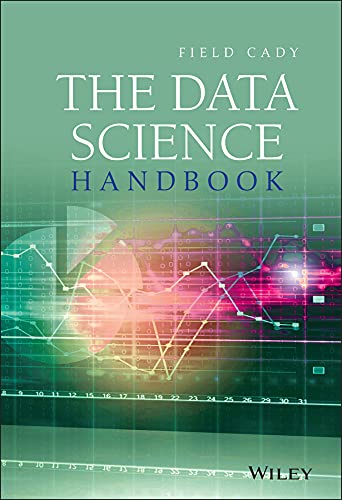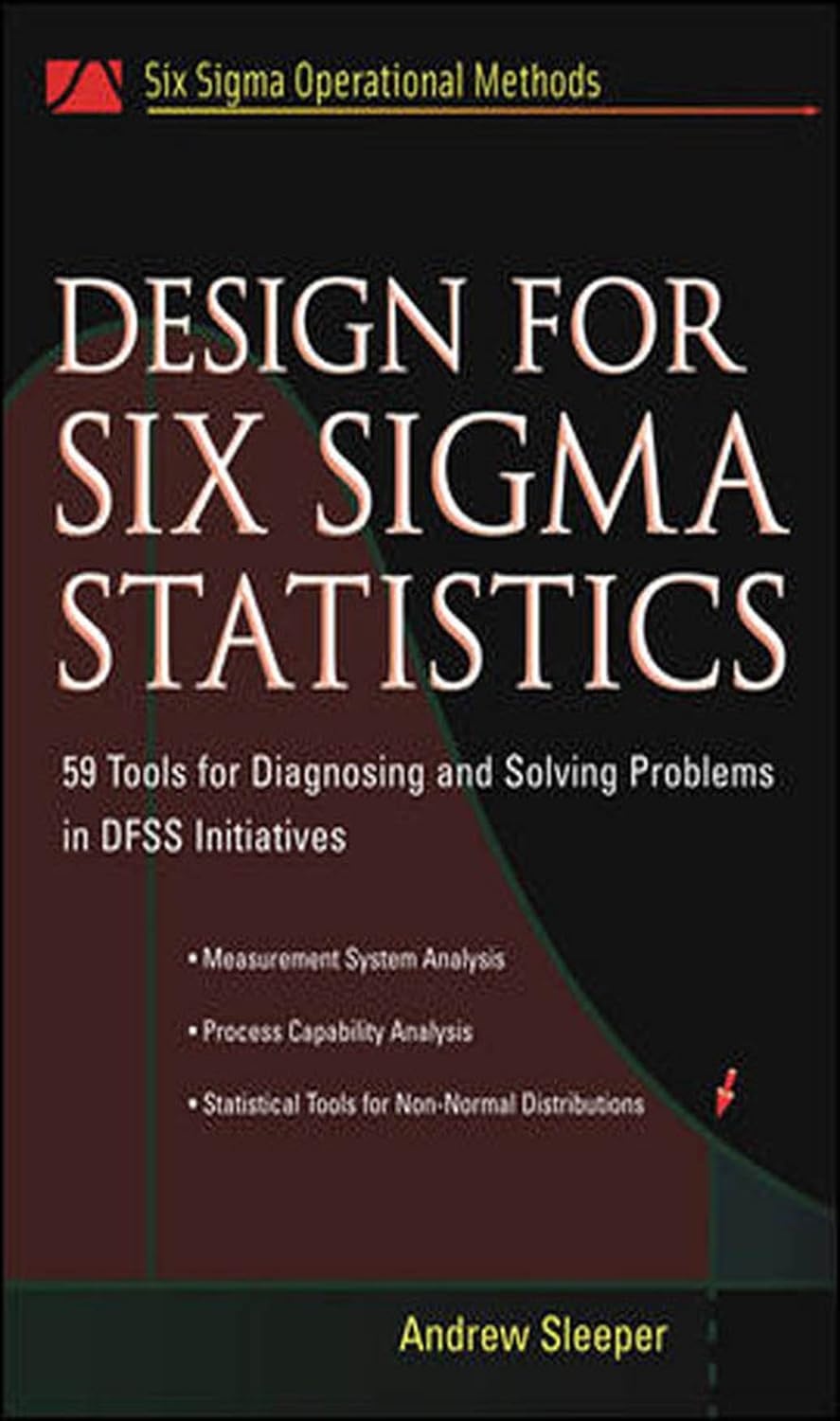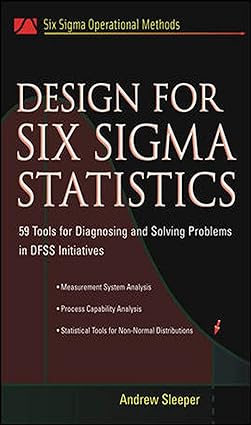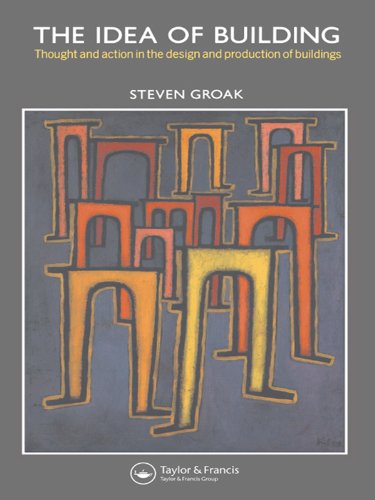
Information, Physics, and Computation (Oxford Graduate Texts) (PDF/EPUB Version)
$18.99
Description
This book presents a unified approach to a rich and rapidly evolving research domain at the interface between statistical physics, theoretical computer science/discrete mathematics, and coding/information theory. It is accessible to graduate students and researchers without a specific training in any of these fields. The selected topics include spin glasses, error correcting codes, satisfiability, and are central to each field. The approach focuses on large random
instances and adopts a common probabilistic formulation in terms of graphical models. It presents message passing algorithms like belief propagation and survey propagation, and their use in decoding and constraint satisfaction solving. It also explains analysis techniques like density evolution and the
cavity method, and uses them to study phase transitions.
instances and adopts a common probabilistic formulation in terms of graphical models. It presents message passing algorithms like belief propagation and survey propagation, and their use in decoding and constraint satisfaction solving. It also explains analysis techniques like density evolution and the
cavity method, and uses them to study phase transitions.
eBook features:
- Highlight, take notes, and search in the book
- In this edition, page numbers are just like the physical edition
- Create digital flashcards instantly

_rhczdls5cs.jpg)
_nuqpsnobek.jpg)
_log7r8avzp.jpg)

_51fwgpcow4.jpg)
_sv9arrklwn.jpg)
_pybeqjatnb.jpg)


_jqegejqbka.jpg)
_d6yhvb7jjx.jpg)








_ks1bb9fllq.jpg)
_md1sivs3ar.jpg)